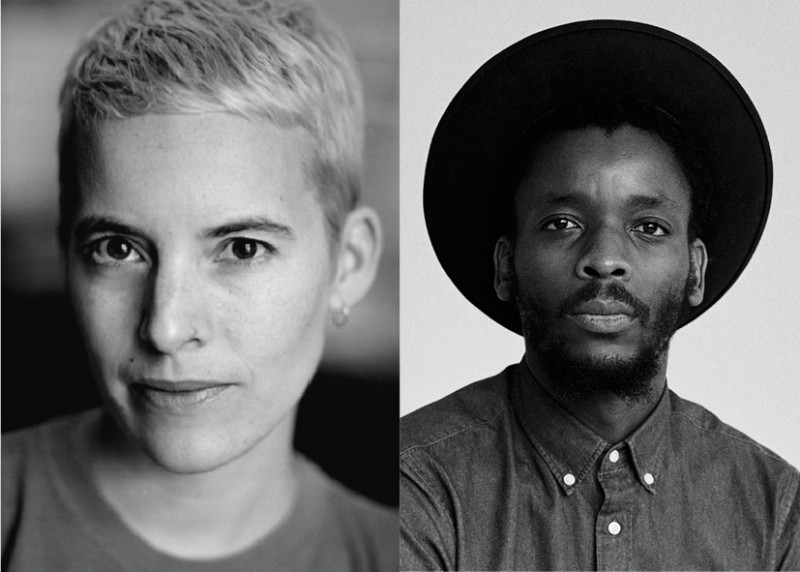
Artists Mohau Modisakeng and Candice Breitz will represent South Africa at the 57th Venice Biennale in 2017 with a two-person exhibition. Connect Channel, a television production company, has been commissioned by the South African Department of Arts and Culture to organize the country’s pavilion in Venice for the first time. The dual presentation will also mark the first showing of work by Breitz and Modisakeng alongside each other.
“Our collective goal is to spearhead a new approach to the South African Pavilion in 2017 by presenting the work of two leading South African artists and to leverage social and popular media to enhance local, public engagement with the South African Pavilion,” said Connect CEO, Basetsana Kumalo in a statement.
The South African pavilion will highlight the ways in which the two artists convey complex ideas of selfhood in the context of global marginalization. According to Tyburn gallery, which represents Modisakeng, the exhibition will reflect on experiences of exclusion, displacement, transience, migration, and xenophobia, while mining the web of conditions that shape the perception and performance of one’s self.
“Breitz’s photographs and multi-channel video installations offer nuanced studies of the structure of identity under global capitalism, while Modisakeng employs a highly personal language to express ideas about his own identity and the body,” the pavilion’s curator Lucy MacGarry said in a statement.
Modisakeng’s photography, film, and installation work grapples with black male identity within a post-apartheid context. Based in Johannesburg and Cape Town, his work has been shown at the 2015 Venice Biennale, and the Dak’Art Biennale in 2012. He has been awarded the prestigious Standard Bank Young Artist Award for Visual Art this year.
Best known for her film installations, Breitz, who is based in Berlin, mines the intricacies of forging notions of identity in relation to a larger community. In her recent work, she has turned her focus to the production of empathy and identification in today’s highly-mediated global culture.
Breitz’s work has been shown in various biennials, including in Dakar (2014), Singapore (2011), New Orleans (2008), Venice (2005), Taipei (2000), Kwangju (2000), Istanbul (1999), São Paulo (1998), and Johannesburg (1997). Breitz has been teaching as a tenured professor at the Hochschule für Bildende Künste in Braunschweig since 2007.